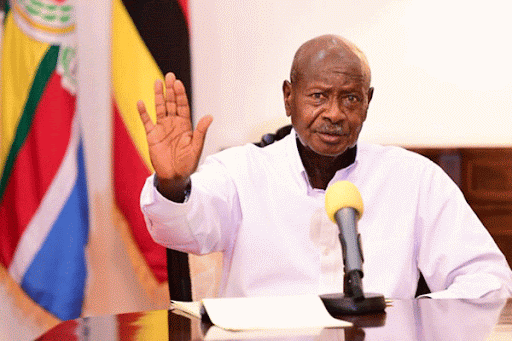
A man who had been sentenced to a 20-year jail term for alleged possession of bhang has been set free after the High Court found that the prosecution’s own witnesses gave conflicting and irreconcilable accounts of how the drugs were recovered.
The contradictions ultimately collapsed the conviction.
The case arose from an incident in which the appellant was arrested while travelling in a public service vehicle. He was later charged in the trial court with possession of narcotic drugs for trafficking, contrary to Section 4 of the Narcotic Drugs and Psychotropic Substances Control Act.
“The particulars were that on July 22, 2023, at 1730hours at Maktau Location, Mwatate Sub-County in Taita Taveta County, the Appellant was found trafficking Narcotic Drugs, namely cannabis sativa to with 15 kgs with an approximate street value of Sh30,000,” read the judgement.
The trial court found him guilty and sentenced him to 20 years in prison, prompting him to file an appeal challenging both the conviction and the sentence.
At trial, police officers testified that the appellant was arrested at a roadblock after they stopped the vehicle and conducted a search, allegedly recovering a bag containing rolls of cannabis.
The prosecution claimed the bag belonged to the appellant and thus linked him to the drugs.
However, the accounts of State witnesses differed.
The officer who made the arrest stated the bag was in the boot of the vehicle and that the appellant retrieved it after questioning. The vehicle’s driver and another officer from the same station claimed the appellant had been carrying the bag on his lap during the trip.
These two versions could not be reconciled, and they became central to the appeal.
The appellant denied ownership of the bag, saying he was only a passenger and had no knowledge of the luggage’s contents. He further suggested that his arrest may have been influenced by an earlier disagreement between him and one of the officers.
Despite this, the trial court convicted him, relying mainly on the arresting officer’s testimony and imposing the lengthy sentence on the grounds that drug offences require deterrence.
Once incarcerated, the appellant took the matter to the High Court, arguing that the evidence was contradictory and unreliable, that the chain of custody was not properly demonstrated, that the search procedure was unclear, and that his defence was not adequately considered.
“The appellant argues it was impossible for him to have both held the bag and stored it in the locked boot, describing this as a fundamental and irreconcilable contradiction,” the judgment states.
“He also challenges the driver's (a witness) claim of a "funny smell" causing a passenger to vomit, arguing it was vague and unsubstantiated.”
The State opposed the appeal, insisting the contradictions were minor and that the trial court had properly evaluated the evidence. The High Court found otherwise.
Judge Asenath Ongeri noted that the contradictions were not peripheral but went to the heart of the case: whether the appellant was in actual possession of the bag.
If the bag had been in the boot, then there had to be clear proof linking it to him. If it had been on his lap, there should have been no dispute among officers who witnessed the same scene.
The court held that these conflicting accounts created reasonable doubt, which should have been resolved in the appellant’s favour.
The judge also observed that the chain of custody of the drugs was not clearly documented.
The search was not conducted at the scene, no photographs were taken, and the prosecution relied wholly on oral testimony from officers who could not agree on basic facts.
“The inconsistency regarding where the bag was located during the journey goes to the very heart of the case, as it directly impacts the proof of possession,” Justice Ongeri noted.
“If the bag was in the boot, the element of knowledge and control by the appellant becomes more weak without further evidence linking him to it. “
In narcotics cases, the court observed, clarity of procedure is essential because the penalties are severe.
A further irregularity emerged when the High Court examined the trial record and found that the sentencing portion of the judgment had not been properly recorded.
The only document showing the sentence was a prison warrant. The judge described this omission as a serious procedural flaw and inconsistent with proper judicial practice.
After reviewing the entire case, the High Court concluded that the prosecution had failed to prove the charge beyond a reasonable doubt.
“In light of these discrepancies and the failure to reconcile them, the prosecution's evidence falls short of the standard required for a safe conviction, which is proof beyond a reasonable doubt,” the judge observed.
The court noted that the contradictions among State witnesses were substantial, the trial court had failed to properly evaluate the defence, and the sentencing record was defective.
“A sentence cannot stand where the conviction upon which it is founded has been quashed,” she said.
As a result, the High Court quashed the conviction, set aside the 20-year sentence, and ordered the appellant’s release unless held on other lawful grounds.


![[PHOTOS] Ruto dazzles in colourful maasai outfit](/_next/image?url=https%3A%2F%2Fcdn.radioafrica.digital%2Fimage%2F2025%2F11%2F8ccfbfe5-a43a-49b3-88f4-b99a41be4594.jpeg&w=3840&q=100)












